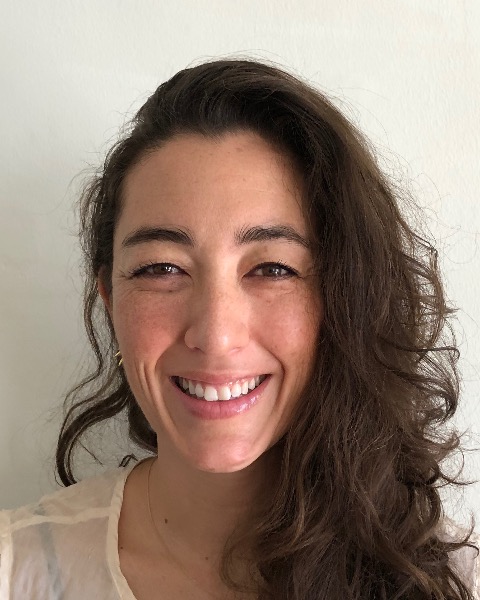Medical Education Works in Progress
Session: Medical Education Works in Progress
WIP 54 - Learning to Lead in the PICU: Exploring Gender-Based Influences on Fellows’ Experiences Leading Acute Resuscitations
Saturday, April 26, 2025
2:30pm - 4:45pm HST
Publication Number: WIP 54.7375
Jessica M. Frelinger, Children's Hospital Colorado, Denver, CO, United States; Melissa L. Langhan, Yale University, New Haven, CT, United States; Rachel Poeppelman, University of Minnesota, Minneapolis, MN, United States; Sushant Srinivasan, University of Wisconsin School of Medicine and Public Health, Verona, WI, United States; Angela S. Czaja, University of Colorado School of Medicine, Aurora, CO, United States

Jessica M. Frelinger, MD (she/her/hers)
Pediatric Critical Care Medicine Fellow
Children's Hospital Colorado
Denver, Colorado, United States
WIP Poster Presenter(s)
Background: Pediatric critical care medicine (PCCM) physicians need to be effective leaders in acute resuscitations for optimal patient outcomes. Experiential training, based on principles of situated learning theory, remains essential for developing the necessary leadership skills. Gender-based differences in these educational experiences have been described in other trainees but have not been explored in PCCM fellows.
Objective: To explore how gender identity influences the experience of PCCM fellows leading acute resuscitations in the pediatric intensive care unit (PICU).
Design/Methods: This qualitative study uses a phenomenological approach to examine the specific experience of learning to lead acute resuscitations as a PCCM fellow. Current 2nd or 3rd year fellows who have led resuscitations in the PICU will be invited to participate through program directors and snowball sampling. Purposeful sampling will be performed to balance gender identity and belief in the gender-based influences on the learning experience. Semi-structured 1:1 virtual interviews will be conducted using an interview guide grounded in frameworks of situated learning theory, stereotype threat, and cognitive load theory. Interviews will be de-identified, transcribed, and reviewed for accuracy. Thematic analysis will be done in an iterative fashion, using a constant comparative method, until thematic sufficiency is achieved. Participants will be characterized using a pre-interview survey focused on gender identity strength and stereotype threat vulnerability. Trustworthiness will be enhanced through bracketing, triangulation, member checking, and regular debriefing meetings during thematic development. IRB approval is pending with recruitment and interviews beginning in November 2024.

